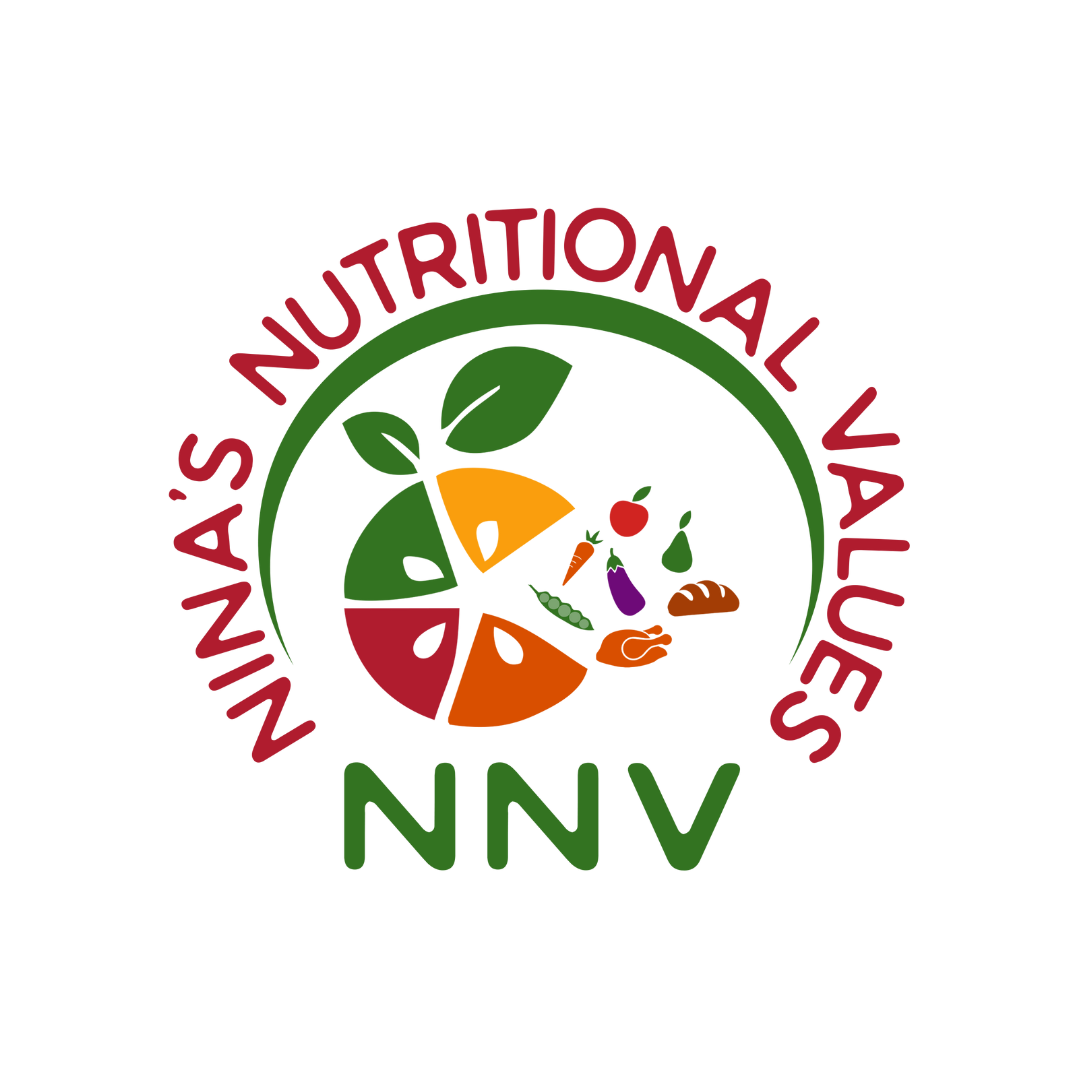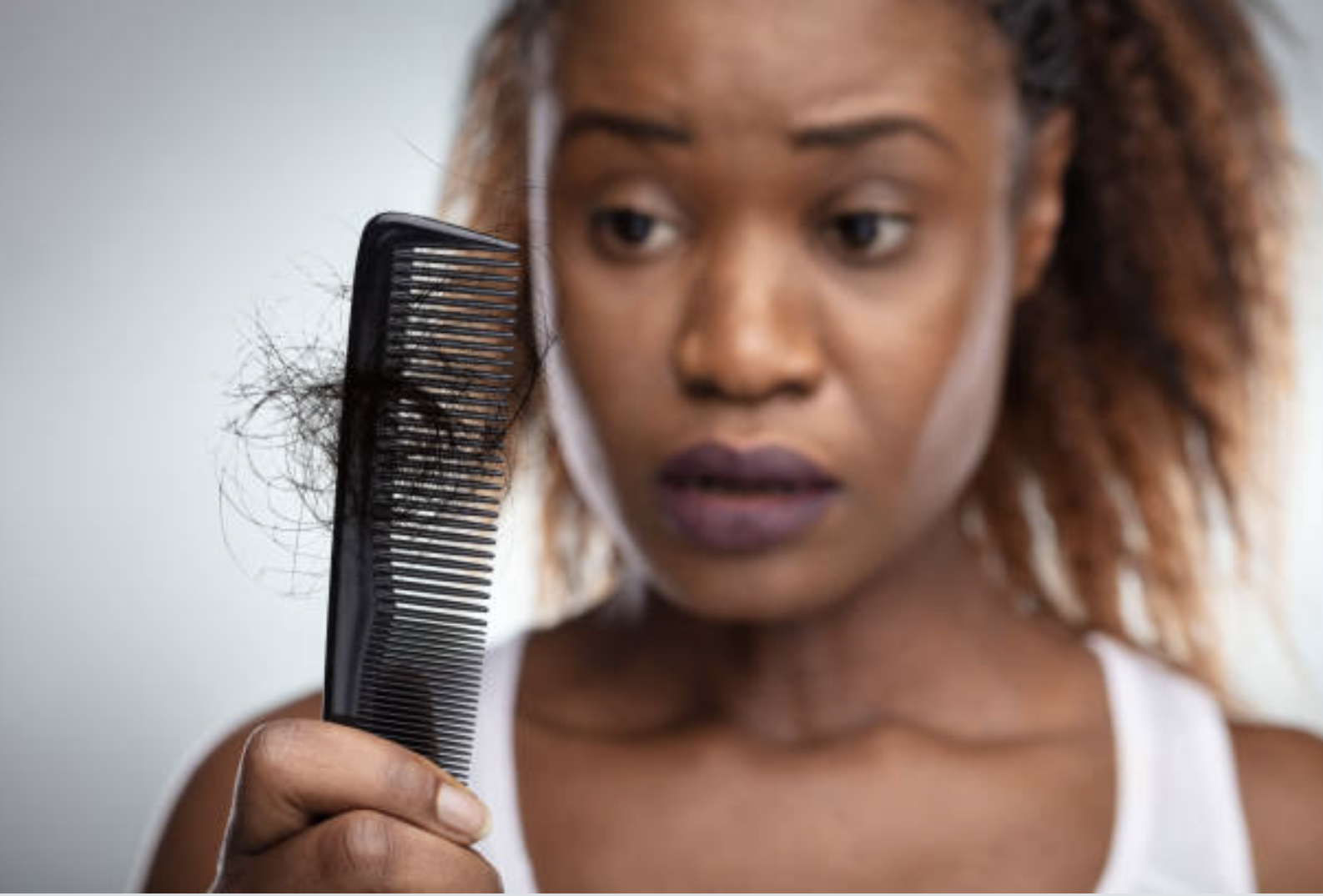5 Signs That Your Diet May Not Be Well-Balanced
Diet culture sends many mixed messages. So, even if your intention is to plan well-balanced meals for yourself and your family, you may not be consuming the nutrient diversity your body needs. The 5 signs below indicate that your diet is not balanced or that something in your health may be awry. Either way, determining the root cause is required to thrive!
1. You’re Still Hungry
Your meal portions should be large enough that you feel satiated. If you’re still hungry 30 minutes after eating, or in an hour or two, your meals may be too small, or your food choices may be low in micronutrients and macronutrients. Hunger could also be a sign that your diet is too high in “empty calories” from processed foods, or it’s too extreme.
What are micronutrients and macronutrients?
A diet built around a diverse range of whole-food sources and balanced micronutrients and macronutrients leaves you feeling satiated and energized.
Micronutrients are the essential vitamins and minerals you need daily. Some vitamins are only required a few days a week.
Macronutrients are carbohydrates, natural fat sources, fiber, and lean proteins. The caloric content of the foods you choose comes from macronutrients.
“Empty calories” are calories you consume from processed foods that contain calories, sugar, and fat with little to no nutrients.
2. You’re Tired
If you’re sleepy mid-day, experience an afternoon slump, or you don’t have the endurance for your workout it may be due to poor nutrition. You may not be consuming enough calories, carbohydrates, or protein.
Feeling tired may also be a sign of dehydration or low blood circulation. Drink 8 ounces of water and see how you feel in 30 minutes. Or take a brisk 10 minute walk.
3. Declining Hair Health
Your hair needs nutrients too! If your hair is brittle, has lost its luster, or you’re losing more hair in the shower or when brushing your hair, it may be a sign that your diet is not balanced. You may be low in protein, biotin, iron, and other nutrients. If you’re 45+, hair loss may be a symptom of perimenopause, even if you’re still menstruating regularly.
4. Decreased Immunity
One of the top challenges with fad diets is that they’re so monotonous that they don’t contain the vitamins and minerals your immune system requires to operate at peak performance. At the top of this list are vitamins A, C, E, zinc, iron, and selenium. Supplementation can balance some nutrient deficiencies, but vitamins are better absorbed through food or tailored IV therapy.
5. Digestive Concerns
Another sign that you’re not eating a well-balanced diet is digestive issues of any kind. This includes diarrhea, constipation, acid reflux, gas, and bloating. Digestive issues are often a sign that you aren’t consuming enough fiber and that your gut microbiome is off balance.
Fiber feeds and fuels the microbiome, and processed foods kill bacteria, or create an overgrowth of bacteria that’s “good” when in range, but “bad” when you grow too much.
If you have strong sugar or processed food cravings it could be your imbalanced microbiome!
Nutrition Isn’t A One-Size-Fits-All Equation, Let’s Balance Your Diet Together
Generic nutritional guidelines are just that, a guideline. As a dietitian, I can help tailor your meals to meet your needs in your current season of life. I factor in your age, gender, level of physical activity, food preferences, and health and wellness goals to ensure balanced nutrition.
Meals should not be built around deprivation, they should be designed to provide sustainable energy and sustainable weight loss or weight maintenance while supporting your whole-body health.
Reach out to learn how to eat to energize and nourish your body!


